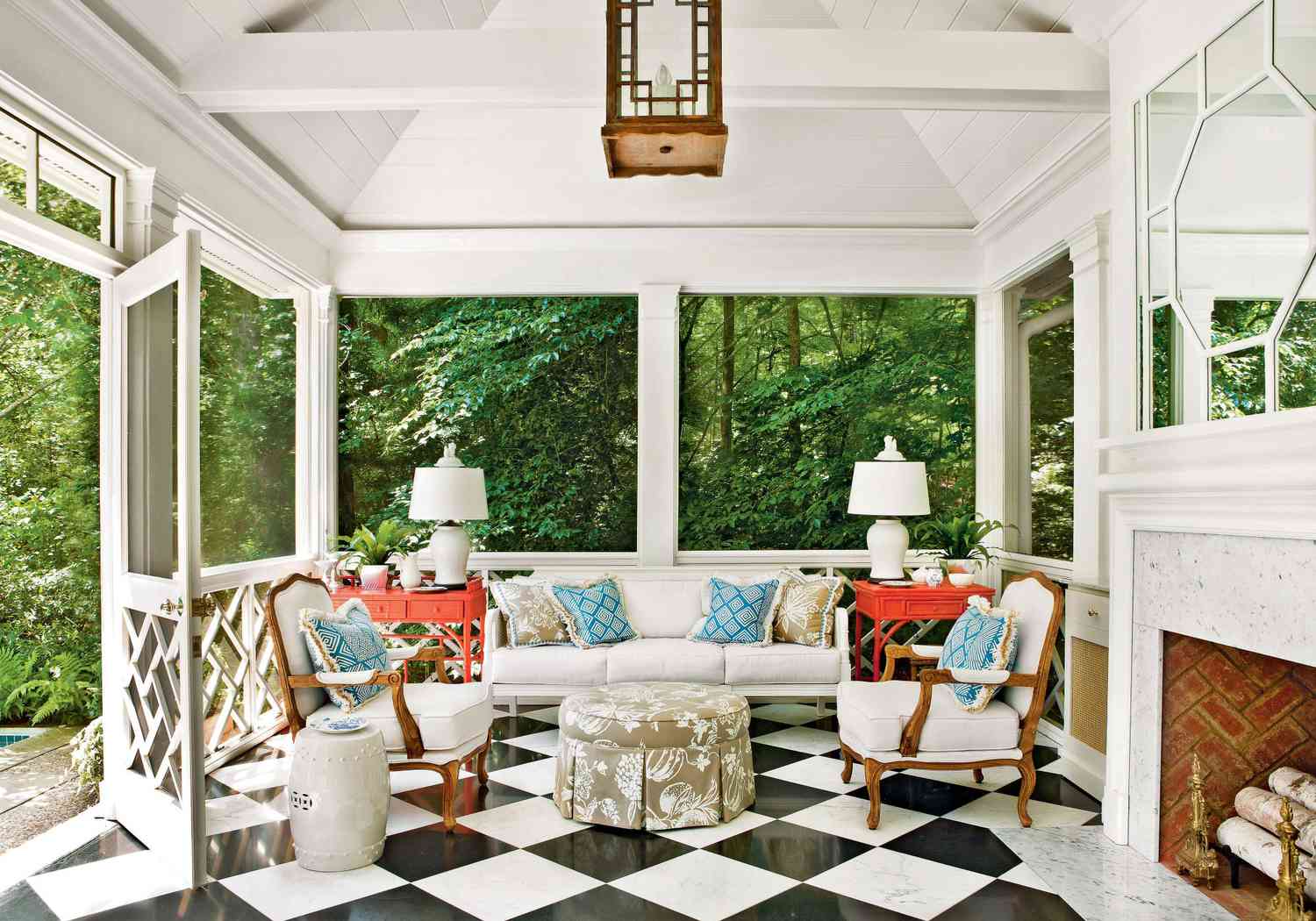

Articles
What Is The Best Flooring For Screened Porch
Modified: December 7, 2023
Discover the best flooring options for your screened porch in our informative articles. From durable tiles to weather-resistant materials, we've got you covered.
(Many of the links in this article redirect to a specific reviewed product. Your purchase of these products through affiliate links helps to generate commission for Storables.com, at no extra cost. Learn more)
Introduction
The flooring you choose for your screened porch is an important decision that can greatly impact the overall look, functionality, and durability of the space. Not only does it need to withstand the elements, but it also needs to provide a comfortable and inviting atmosphere for you and your guests to enjoy.
When it comes to selecting the best flooring for a screened porch, there are several factors you should consider. These factors include the climate in your area, the amount of foot traffic the porch will receive, your budget, and your personal style preferences. By taking these factors into account, you can make an informed decision that meets your needs and enhances the beauty and functionality of your screened porch.
In this article, we will explore the different flooring options available for a screened porch and the benefits and drawbacks of each. Whether you’re looking for a low-maintenance option, a traditional look, or something in between, we’ve got you covered. So, let’s dive in and discover the best flooring for your screened porch!
Key Takeaways:
- Choose the best flooring for your screened porch by considering factors like climate, foot traffic, budget, and style preferences. Options include concrete, tile, wood, composite decking, vinyl, natural stone, porcelain pavers, and indoor-outdoor carpet.
- Each flooring material offers unique benefits and considerations, so weigh the pros and cons carefully to determine the best fit for your needs and preferences. With the right flooring choice, you can create a welcoming and functional space to enjoy the outdoors.
Read more: What Is A Screened Porch
Factors to consider when choosing flooring for a screened porch
Choosing the right flooring for your screened porch involves considering several factors to ensure you make the best decision for your space. Here are some important factors to keep in mind:
- Climate: The climate in your area plays a significant role in determining the best flooring option for your screened porch. If you live in a region with extreme heat or cold, you’ll want a flooring material that can withstand temperature fluctuations and resist damage from the elements.
- Foot traffic: Consider the amount of foot traffic your screened porch will receive. If it’s a high-traffic area, you’ll need a flooring material that is durable and can handle constant use without wearing down or showing signs of damage.
- Budget: Your budget will also influence your choice of flooring. Some materials may be more expensive upfront but offer long-term benefits, while others may be more affordable but require more frequent maintenance or replacement.
- Style and aesthetics: Think about the style and aesthetics you want to achieve in your screened porch. Do you prefer a rustic look, a modern vibe, or something more traditional? Consider how each flooring option will complement your overall design concept.
- Maintenance: Consider the amount of maintenance each flooring material requires. Some options may require regular sealing or staining, while others may only need occasional cleaning. Choose a flooring material that aligns with your desired level of maintenance commitment.
- Safety: Safety should be a top concern when selecting flooring for a screened porch. Look for materials that offer slip resistance, especially if your porch is frequently exposed to water or if there will be children or elderly individuals using the space.
By considering these factors, you can narrow down your options and choose a flooring material that meets both your practical needs and your aesthetic preferences. Now that we’ve covered the important factors to consider, let’s explore the different flooring options available for a screened porch.
Types of flooring options for a screened porch
When it comes to flooring options for a screened porch, there are several materials to choose from. Each material has its own unique characteristics, benefits, and drawbacks. Let’s take a closer look at some of the most popular flooring options:
- Concrete: Concrete is a durable and versatile flooring option for a screened porch. It can be stained, painted, or polished to achieve different looks and styles. Concrete is low-maintenance and can withstand various weather conditions, but it may not provide the same level of comfort as other materials.
- Tile: Tile is another popular choice for a screened porch. It comes in a variety of colors, patterns, and sizes, allowing you to create a customized look. Tile is resistant to moisture, easy to clean, and can handle heavy foot traffic. However, it can be more expensive to install and may be prone to cracking in extreme temperature changes.
- Pressure-treated wood: Pressure-treated wood is a common choice for outdoor flooring. It is treated to resist rot, decay, and insect damage, making it highly durable. Pressure-treated wood can be stained or painted to match your design preferences, but it requires regular maintenance to prevent fading and warping.
- Composite decking: Composite decking is a popular eco-friendly option that combines wood fibers and recycled plastic. It mimics the look of natural wood but offers greater durability and resistance to moisture and pests. Composite decking is low-maintenance and can withstand the elements, but it may be more expensive than other materials.
- Vinyl: Vinyl flooring is a versatile and affordable option for a screened porch. It comes in a wide range of colors and styles, including options that mimic the appearance of wood or stone. Vinyl is waterproof, easy to clean, and provides a comfortable surface to walk on. However, it may not offer the same level of durability as some other materials.
- Natural stone: Natural stone, such as slate or limestone, can create a stunning and timeless look for a screened porch. Stone is naturally durable and can withstand harsh weather conditions. It provides a unique texture and can be sealed for added protection. However, natural stone can be more expensive to install and may require regular maintenance to prevent staining and fading.
- Porcelain or ceramic pavers: Porcelain or ceramic pavers are a durable and low-maintenance option for a screened porch. They come in a range of colors and styles and offer excellent resistance to stains, scratches, and fading. Porcelain or ceramic pavers are easy to clean and can withstand heavy foot traffic.
- Indoor-outdoor carpet: Indoor-outdoor carpet is a budget-friendly and comfortable option for a screened porch. It comes in various colors and patterns, allowing you to customize the look of your space. Indoor-outdoor carpet is easy to install, soft underfoot, and provides insulation. However, it may require more frequent cleaning and may not be as durable as other materials.
Consider the specific characteristics and requirements of each flooring material to determine which option best suits your needs. Remember to factor in the climate, foot traffic, maintenance, and aesthetic preferences mentioned earlier. By selecting the right flooring material, you can create a beautiful and functional space for your screened porch.
Now that we’ve explored the different flooring options, you can make an informed decision and choose the best flooring for your screened porch. Whether you prioritize durability, style, ease of maintenance, or budget, there is a flooring option out there that will meet your needs and transform your screened porch into a welcoming outdoor retreat.
Concrete
Concrete is a versatile and durable flooring option for a screened porch. It offers a clean and modern look that can easily be customized to suit your style preferences. Concrete can be stained, painted, or polished to achieve different colors, textures, and finishes. It is also available in various patterns, such as stamped concrete, which can mimic the appearance of other materials like wood or stone.
One of the biggest advantages of concrete flooring is its low-maintenance nature. It is resistant to moisture and easy to clean, making it ideal for outdoor use. Regular sweeping and occasional washing with a mild detergent are typically all that is needed to keep concrete floors looking their best. However, it is important to note that when using cleaning agents, it should be non-abrasive to avoid damaging the surface of the concrete.
Concrete is also highly durable and can withstand harsh weather conditions. It is resistant to fading, cracking, and rot, making it an excellent choice for areas that experience extreme temperature changes or high humidity. Additionally, concrete floors do not attract insects, making them a practical option for a screened porch.
While concrete floors are known for their strength and durability, they may not provide the same level of comfort as some other flooring options. Concrete tends to be hard and cold, especially in cooler climates. To make the surface more comfortable for walking, consider adding rugs or outdoor furniture with cushions and pillows to provide extra padding and insulation.
Another consideration when using concrete is that it can be a more involved installation process compared to other flooring materials. Depending on the condition of the existing porch, preparation work may be required before pouring or laying the concrete. This may include leveling the surface, adding reinforcement, or addressing any existing issues. It is essential to consult with a professional to ensure that the concrete is installed properly and meets your specific needs and requirements.
In summary, concrete is a durable, low-maintenance, and customizable flooring option for a screened porch. It offers a modern and versatile look, and its ability to withstand various weather conditions makes it a popular choice. While it may not provide the same level of comfort as some other materials, adding rugs and outdoor furnishings can help alleviate this issue. Consider the unique characteristics of concrete when making your decision and consult with a professional to ensure a successful installation.
Tile
Tile is a popular choice for flooring in a screened porch due to its durability, versatility, and aesthetic appeal. It is available in a wide range of colors, patterns, and sizes, allowing you to create a customized look that complements the style of your porch.
One of the main benefits of tile flooring is its resistance to moisture. Porcelain and ceramic tiles, in particular, are waterproof and can handle exposure to water or humidity without warping or deteriorating. This makes tile a suitable option for screened porches that may be subject to rain or occasional spills.
In addition to its water resistance, tile is also incredibly durable and can withstand heavy foot traffic. It is resistant to scratches, stains, and fading, making it an ideal choice for outdoor areas that receive a lot of use. However, it is important to note that tile can be prone to cracking in extreme temperature changes, so it should be installed with expansion joints to allow for movement.
Maintenance of tile floors is relatively easy. Regular sweeping or vacuuming and occasional mopping with a mild cleanser are typically sufficient to keep the floors clean and looking their best. Additionally, tile is resistant to allergens and does not harbor dust or pet dander, making it a good option for those with allergies.
When it comes to installation, professional installation is recommended to ensure proper placement and to avoid issues such as uneven tiles or grout lines. The installation process may involve prepping the subfloor, applying adhesive, and grouting the tiles. It is important to choose outdoor-rated tiles that are specifically designed to withstand outdoor conditions and have a slip-resistant surface for safety.
Tile flooring offers versatility in design as well. You can choose from different shapes, such as square, rectangular, or even mosaic tiles, and experiment with various patterns and layouts to create a unique look. Whether you prefer a classic, rustic, or contemporary style, there is a tile option that will suit your taste.
Despite its many benefits, tile flooring may not provide the same level of comfort as some other materials. Tile tends to be colder and harder underfoot, especially in cooler climates. To make the surface more comfortable, you can consider installing underfloor heating or using outdoor rugs or mats for added insulation and cushioning.
In summary, tile flooring is a durable, waterproof, and versatile option for a screened porch. It offers a wide range of design possibilities and is easy to maintain. However, it may be prone to cracking in extreme temperature changes and can be colder and harder underfoot. By considering these factors and consulting with a professional, you can determine if tile flooring is the best choice for your screened porch.
Pressure-treated wood
Pressure-treated wood is a popular choice for screened porch flooring due to its durability and natural aesthetic. It is treated with chemicals to resist rot, decay, and insect damage, making it highly resistant to the elements, including moisture and UV rays.
One of the main advantages of pressure-treated wood is its longevity. With proper care and maintenance, pressure-treated wood can last for many years, making it a cost-effective option in the long run. It is important to note that regular maintenance is necessary to preserve the wood’s appearance and ensure its longevity.
When it comes to maintenance, pressure-treated wood typically requires staining or sealing every few years to protect it from moisture and UV damage. This helps prevent the wood from turning gray or developing splinters. Additionally, regular cleaning with mild soap and water can help remove dirt and debris that can accumulate on the surface.
Pressure-treated wood offers a warm and natural look that adds a sense of warmth and coziness to a screened porch. It can be stained or painted in various colors to match your desired aesthetic. Keep in mind that as pressure-treated wood ages, it may develop a weathered look that some people find appealing, while others may prefer to maintain its original appearance.
Installation of pressure-treated wood flooring is relatively straightforward. The boards can be fastened directly to the subfloor using screws or nails. However, it is important to leave a small gap between each board to allow for expansion and contraction due to changes in temperature and humidity.
While pressure-treated wood is highly durable, it may not be as resistant to scratches and dents compared to other materials like tile or concrete. Furniture and heavy objects dragged across the surface may cause damage. To prevent this, consider using protective pads or furniture glides to avoid direct contact between the wood and objects.
It is also worth noting that pressure-treated wood can become slippery when wet, especially if it does not have a textured surface. To enhance safety, you can apply a non-slip coating or use outdoor rugs or mats in high-traffic areas.
In summary, pressure-treated wood is a durable and natural option for screened porch flooring. It offers a warm and inviting aesthetic and can withstand outdoor elements with proper maintenance. However, it may require regular staining or sealing and is susceptible to scratches and dents. By considering these factors, you can determine if pressure-treated wood is the right choice for your screened porch.
Consider using porcelain or ceramic tile for your screened porch flooring. These materials are durable, easy to clean, and resistant to moisture and temperature changes, making them ideal for outdoor spaces.
Composite decking
Composite decking is a popular and eco-friendly option for screened porch flooring. It is made from a combination of wood fibers and recycled plastic, offering the appearance of natural wood with added durability and resistance to the elements.
One of the main advantages of composite decking is its low-maintenance nature. Unlike traditional wood decking, composite decking does not require staining, sealing, or painting. It is highly resistant to fading, staining, and scratching, making it a great option for areas that receive a lot of use or exposure to the elements.
Composite decking is also highly durable and can withstand harsh weather conditions, including rain, snow, and UV rays. It does not splinter or warp like traditional wood decking, ensuring a safe and comfortable surface for walking. Additionally, it is resistant to rot, decay, and insect damage, making it a long-lasting choice for your screened porch.
Installation of composite decking is relatively straightforward. The boards are typically installed using hidden fasteners or screws, creating a seamless and clean look. However, it is important to follow the manufacturer’s guidelines and recommendations to ensure a proper and secure installation.
In terms of aesthetics, composite decking offers a wide range of colors, textures, and finishes to choose from. From the look of natural wood grains to modern and sleek designs, there is a composite decking option to suit any style preference. Composite decking can also be customized with accessories such as railings, lighting, and trim to enhance the overall appearance of your porch.
While composite decking offers many benefits, it is important to note that it can be more expensive upfront compared to other flooring materials. However, the long-term cost savings in terms of maintenance and durability often outweigh the initial investment.
It is worth mentioning that composite decking may retain heat more than other materials, especially in direct sunlight. It is advisable to use rugs or mats in areas that receive a lot of sun exposure to reduce heat absorption and make the surface more comfortable for walking.
Overall, composite decking is a durable, low-maintenance, and eco-friendly option for screened porch flooring. It offers the natural beauty of wood with enhanced durability and resistance to the elements. Consider your budget, style preferences, and maintenance needs to determine if composite decking is the right choice for your screened porch.
Vinyl
Vinyl flooring is a versatile and affordable option for screened porch flooring. It offers a wide range of design possibilities and is known for its durability, water resistance, and ease of maintenance.
One of the main advantages of vinyl flooring is its waterproof nature. Vinyl is made from synthetic materials that are resistant to moisture, making it an ideal choice for areas that are exposed to humidity or occasional spills. This water resistance also helps to protect the underlying structure of the porch from damage caused by moisture penetration.
Vinyl flooring comes in a variety of styles, including options that mimic the look of wood, stone, or tile. It is available in various colors, patterns, and textures, allowing you to achieve the desired aesthetic for your screened porch. Whether you prefer a rustic, contemporary, or traditional look, there is a vinyl option to suit your preferences.
Another advantage of vinyl flooring is its durability. It is highly resistant to scratches, stains, and fading, making it a great choice for high-traffic areas. Vinyl is also softer underfoot compared to materials like tile or concrete, providing a more comfortable surface for walking and standing.
Maintenance of vinyl flooring is relatively easy. Regular sweeping or vacuuming and occasional mopping with a mild cleanser are typically all that is needed to keep the floors clean and in good condition. Additionally, vinyl is resistant to allergens and does not harbor dust or pet dander, making it a suitable option for individuals with allergies.
Installation of vinyl flooring is relatively simple and can be done as a DIY project. It can be installed as either peel-and-stick tiles or as sheets that are glued down to the subfloor. However, it is important to ensure that the subfloor is smooth and clean before installation to ensure a proper and long-lasting bond.
While vinyl flooring offers many benefits, there are a few considerations to keep in mind. Vinyl can be prone to scratches and dents, especially in areas with heavy furniture or sharp objects. To prevent this, it is recommended to use furniture pads or protective mats in high-traffic areas.
Additionally, vinyl may not provide the same level of insulation as materials like carpet or wood. It can be colder underfoot, especially in cooler climates. To make the surface more comfortable, consider using rugs or mats in areas where you typically spend a lot of time.
In summary, vinyl flooring is a versatile, durable, and affordable option for screened porch flooring. It offers a wide range of design possibilities, is water-resistant, and requires minimal maintenance. By considering your style preferences, budget, and comfort needs, you can determine if vinyl flooring is the right choice for your screened porch.
Natural stone
Natural stone flooring is a luxurious and timeless option for a screened porch. It exudes elegance and adds a touch of natural beauty to any space. Natural stone is available in various types, such as slate, limestone, travertine, and marble, each with its own unique characteristics and aesthetic appeal.
One of the main advantages of natural stone flooring is its durability. It is a highly resilient material that can withstand the elements and high foot traffic. Natural stone is naturally resistant to moisture, making it a suitable choice for screened porches that are exposed to humidity or occasional rain.
Another benefit of natural stone is its natural variation in color, texture, and pattern. Each piece of stone is unique, giving your porch a one-of-a-kind look. From earthy tones to vibrant shades, there is a wide range of options to choose from to suit your style and preferences.
Additionally, natural stone offers excellent heat resistance, making it comfortable to walk on even in hot weather. The thermal properties of stone help to keep the surface cool, allowing you to enjoy your porch without the discomfort of hot flooring.
When it comes to maintenance, natural stone flooring does require some care to keep it looking its best. Regular sweeping or vacuuming and occasional damp mopping with a stone-specific cleaner are recommended to remove dirt and maintain the natural beauty of the stone. It is also important to periodically seal the stone to protect it from stains and to preserve its appearance.
It is worth noting that natural stone flooring can be more expensive compared to other materials. The cost can vary depending on the type of stone and the complexity of the installation. However, the timeless beauty and durability of natural stone make it a worthwhile investment for those seeking a high-end look.
Installation of natural stone flooring requires professional expertise due to the weight and precision required. It involves preparing the subfloor, applying an adhesive, and placing and leveling the stone tiles. A professional installer will ensure that the stones are properly spaced and sealed, resulting in a finished product that is both beautiful and long-lasting.
Despite its many benefits, natural stone flooring may not be suitable for every budget or preference. It can be a more expensive option upfront, and the texture of some stones can be rough underfoot. However, the beauty and durability of natural stone make it an attractive option for those who value elegance and long-term investment.
In summary, natural stone flooring adds a touch of luxury and sophistication to a screened porch. It offers durability, natural variation, and heat resistance. While it requires proper maintenance and can be more expensive, the timeless beauty of natural stone can transform your porch into a stunning outdoor retreat.
Read more: What Is The Best Paint For Porch Floors?
Porcelain or ceramic pavers
Porcelain or ceramic pavers are a popular choice for screened porch flooring due to their durability, versatility, and aesthetic appeal. These materials offer a wide range of design options and practical benefits that make them an excellent choice for outdoor spaces.
One of the main advantages of porcelain or ceramic pavers is their exceptional durability. These materials are extremely hard and resistant to scratches, stains, and fading. This makes them highly suitable for outdoor areas, as they can withstand heavy foot traffic and exposure to the elements without losing their aesthetic appeal.
Porcelain and ceramic pavers are also known for their water resistance. They have a low absorption rate, which prevents moisture penetration and helps to prevent warping or damage caused by freeze-thaw cycles. These materials are also resistant to mold, mildew, and stains, making them easy to clean and maintain.
Another benefit of porcelain or ceramic pavers is their versatility. They come in a variety of colors, patterns, textures, and sizes, allowing you to create a customized look for your screened porch. Whether you prefer a sleek modern style or a more traditional and rustic look, there is a porcelain or ceramic paver option to suit your design preferences.
Installation of porcelain or ceramic pavers is relatively straightforward. The pavers are typically laid on a prepared and leveled surface using a mortar or adhesive. Proper spacing and jointing are important to ensure a secure and stable surface. It is recommended to hire a professional installer with experience in outdoor paver installation to ensure a successful and long-lasting result.
Maintenance of porcelain or ceramic pavers is minimal. Regular sweeping or blowing away debris and occasional mopping with a mild cleanser are typically all that is needed to keep the pavers clean. The low porosity of these materials also makes it resistant to staining, reducing the need for frequent maintenance or sealing.
It is important to note that porcelain or ceramic pavers can be harder and less forgiving underfoot compared to some other flooring materials. Outdoor rugs or mats can be used to soften the surface and provide additional comfort, especially in areas where you typically spend a lot of time.
In summary, porcelain or ceramic pavers offer durability, water resistance, versatility, and low maintenance for screened porch flooring. They come in a variety of styles and colors, allowing you to create a personalized outdoor space. Consider your style preferences and consult with a professional to determine if porcelain or ceramic pavers are the right choice for your screened porch.
Indoor-outdoor carpet
Indoor-outdoor carpet is a budget-friendly and comfortable option for screened porch flooring. It offers versatility, durability, and a soft underfoot feel that can transform your porch into a cozy and inviting space.
One of the main advantages of indoor-outdoor carpet is its ability to withstand outdoor conditions. It is specially designed to resist fading, moisture, and mold, making it suitable for areas that are exposed to the elements. Whether it’s rain, sun, or humidity, indoor-outdoor carpet will maintain its color and texture, ensuring a long-lasting and attractive flooring option for your porch.
Indoor-outdoor carpet comes in a variety of colors, patterns, and textures, allowing you to choose the style that best suits your design preferences. Whether you prefer a classic, modern, or bold look, there is an indoor-outdoor carpet option to match your aesthetic.
Installation of indoor-outdoor carpet is relatively simple. It can be installed as rolls or tiles, depending on your preference. Both options offer easy installation and can be done as a DIY project. However, it is recommended to properly prepare the subfloor and follow the manufacturer’s guidelines for a successful installation.
Maintenance of indoor-outdoor carpet is relatively easy. Regular vacuuming or sweeping to remove dirt and debris is recommended. Additionally, it is important to clean up any spills or stains promptly to prevent them from setting in. Depending on the level of foot traffic, a periodic deep cleaning with a carpet cleaner may be beneficial to maintain the carpet’s appearance.
One consideration with indoor-outdoor carpet is its ability to retain heat. In hot climates or during summer months, the carpet can become warm, especially when directly exposed to sunlight. To mitigate this, you can use rugs or mats in areas where you spend the most time or consider lighter-colored carpets that reflect heat.
It is important to note that while indoor-outdoor carpet provides a soft and comfortable surface, it may not be as durable or resistant to wear and tear as some other flooring options like tile or stone. High foot traffic areas or heavy furniture may cause the carpet to wear down or develop signs of aging. Regular maintenance and proper care will help prolong its lifespan.
In summary, indoor-outdoor carpet offers a budget-friendly, comfortable, and versatile option for screened porch flooring. Its ability to withstand outdoor conditions, wide range of styles, and ease of installation make it a popular choice. Consider your budget, desired comfort level, and maintenance needs when choosing indoor-outdoor carpet for your screened porch.
Conclusion
Choosing the best flooring for your screened porch is an important decision that can greatly impact the overall look, functionality, and durability of the space. With the variety of options available, you can find a flooring material that meets your specific needs and enhances the beauty of your porch.
When selecting your flooring, consider factors such as climate, foot traffic, budget, style preferences, maintenance, and safety. Concrete, tile, pressure-treated wood, composite decking, vinyl, natural stone, porcelain or ceramic pavers, and indoor-outdoor carpet are all viable options to consider.
Concrete is a versatile, low-maintenance choice that offers a modern look. Tile provides durability and water resistance while offering a wide range of design possibilities. Pressure-treated wood offers a natural and timeless appeal but requires regular maintenance. Composite decking is eco-friendly and requires minimal upkeep. Vinyl is affordable, waterproof, and comes in various styles. Natural stone adds elegance and durability to your porch. Porcelain or ceramic pavers offer strength and versatility. Indoor-outdoor carpet provides comfort and affordability.
Each flooring material has its advantages and considerations, so weigh the pros and cons carefully to determine the best fit for your needs and preferences. Consulting with a professional can also help you make an informed decision.
With the right flooring choice for your screened porch, you can create a welcoming and functional space to enjoy the outdoors. Whether you prioritize durability, style, low maintenance, or budget, there is a flooring option out there that will meet your requirements and transform your screened porch into a beautiful and inviting retreat.
Take the time to carefully assess your needs, compare the different options available, and ultimately choose the flooring that aligns with your style preferences, practical requirements, and budget. With the right flooring in place, you’ll have a screened porch that not only looks stunning but also adds value and enjoyment to your home for years to come.
Frequently Asked Questions about What Is The Best Flooring For Screened Porch
Was this page helpful?
At Storables.com, we guarantee accurate and reliable information. Our content, validated by Expert Board Contributors, is crafted following stringent Editorial Policies. We're committed to providing you with well-researched, expert-backed insights for all your informational needs.
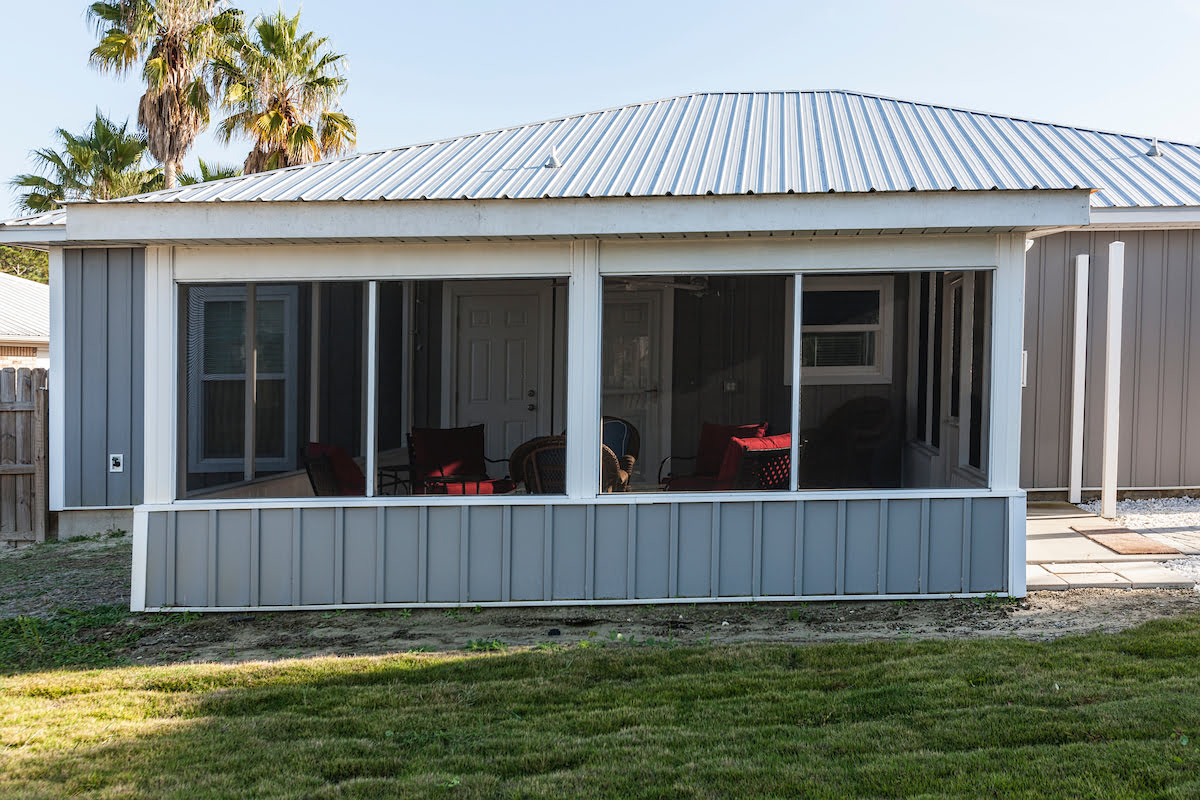
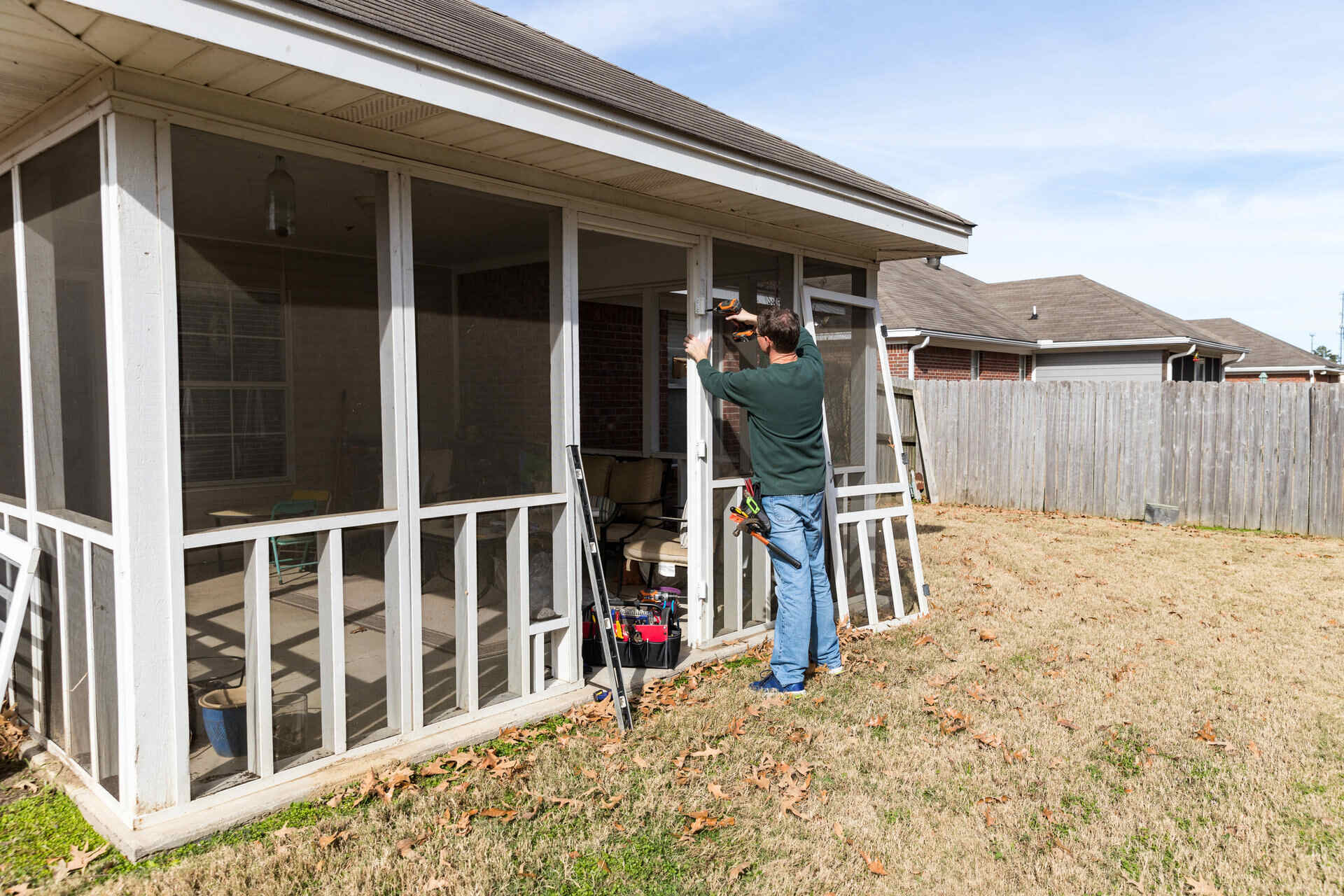
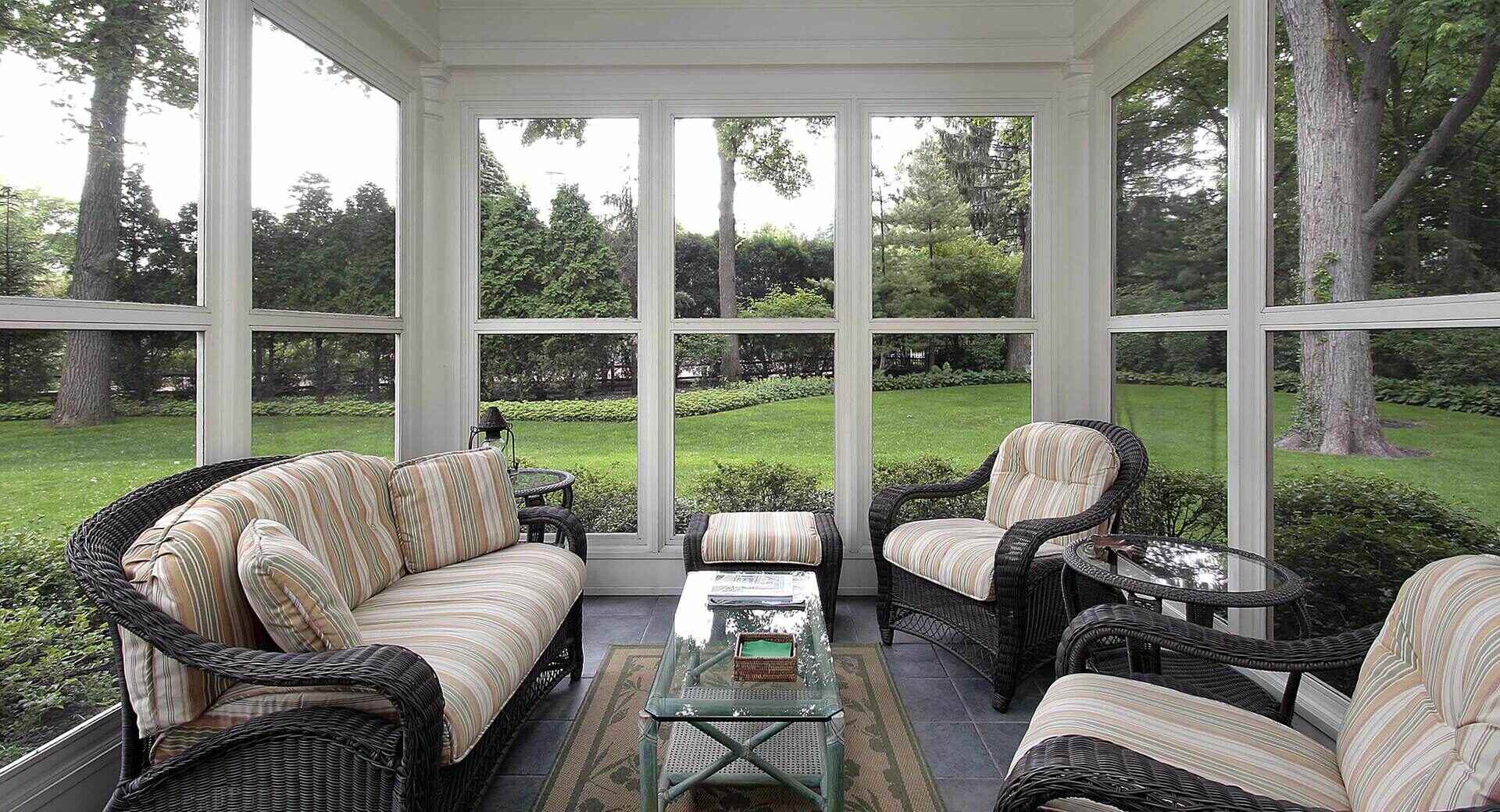
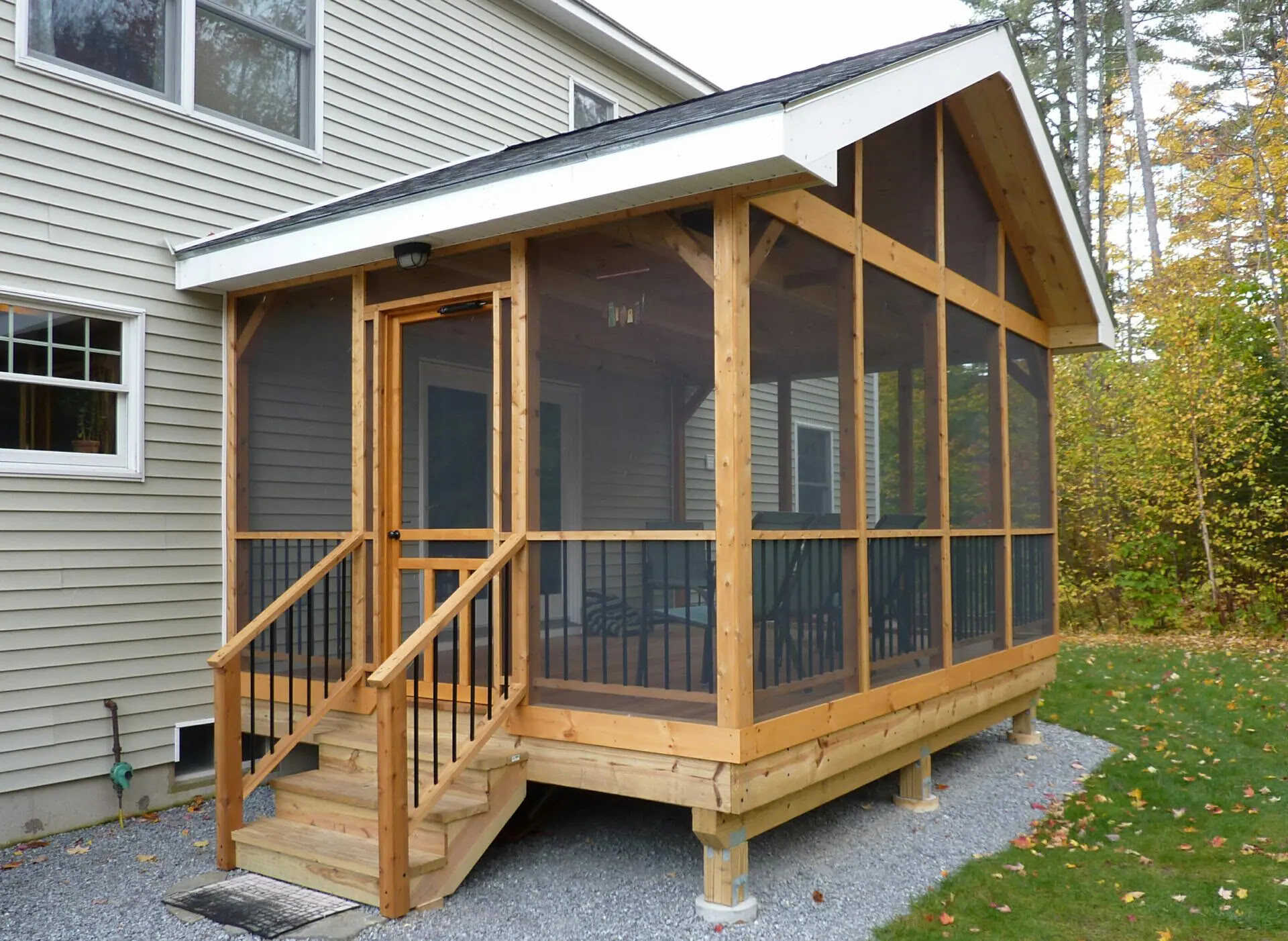
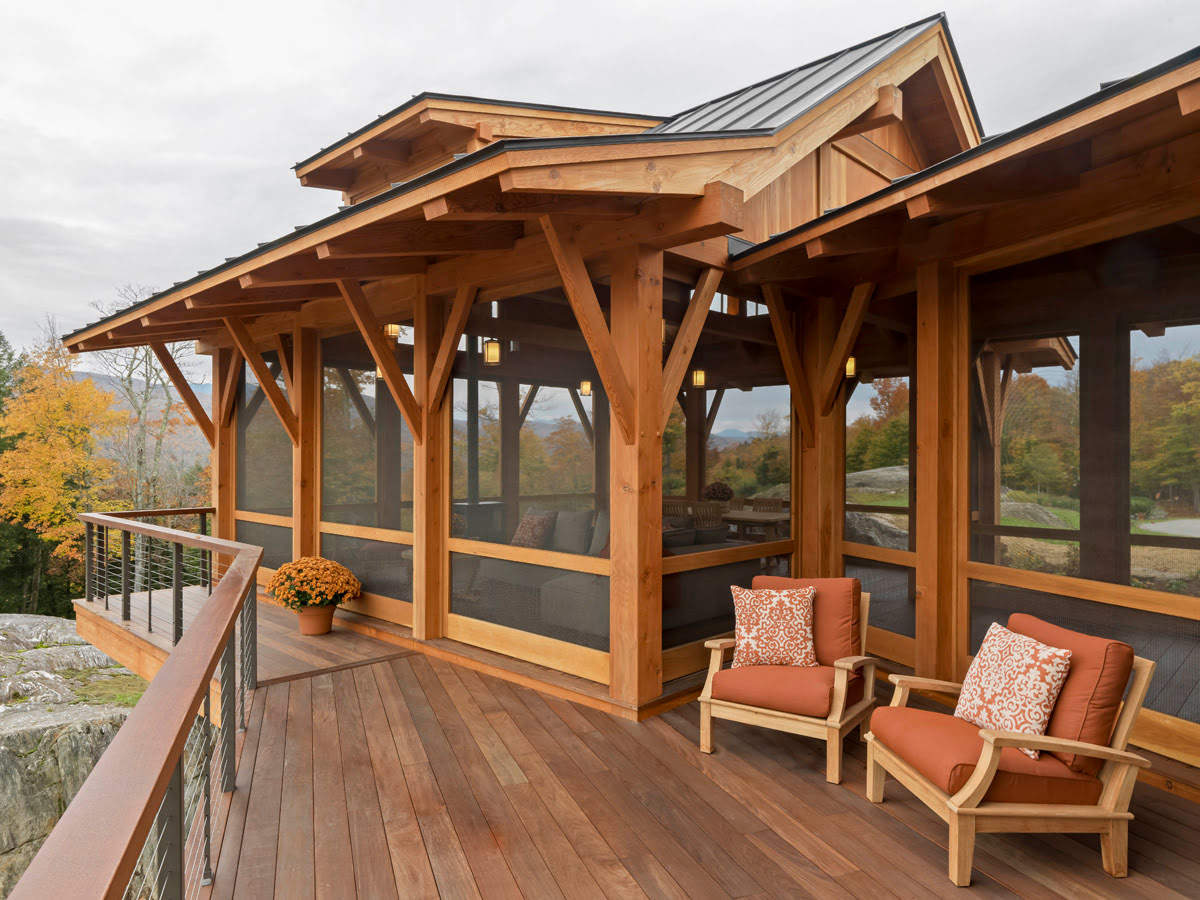
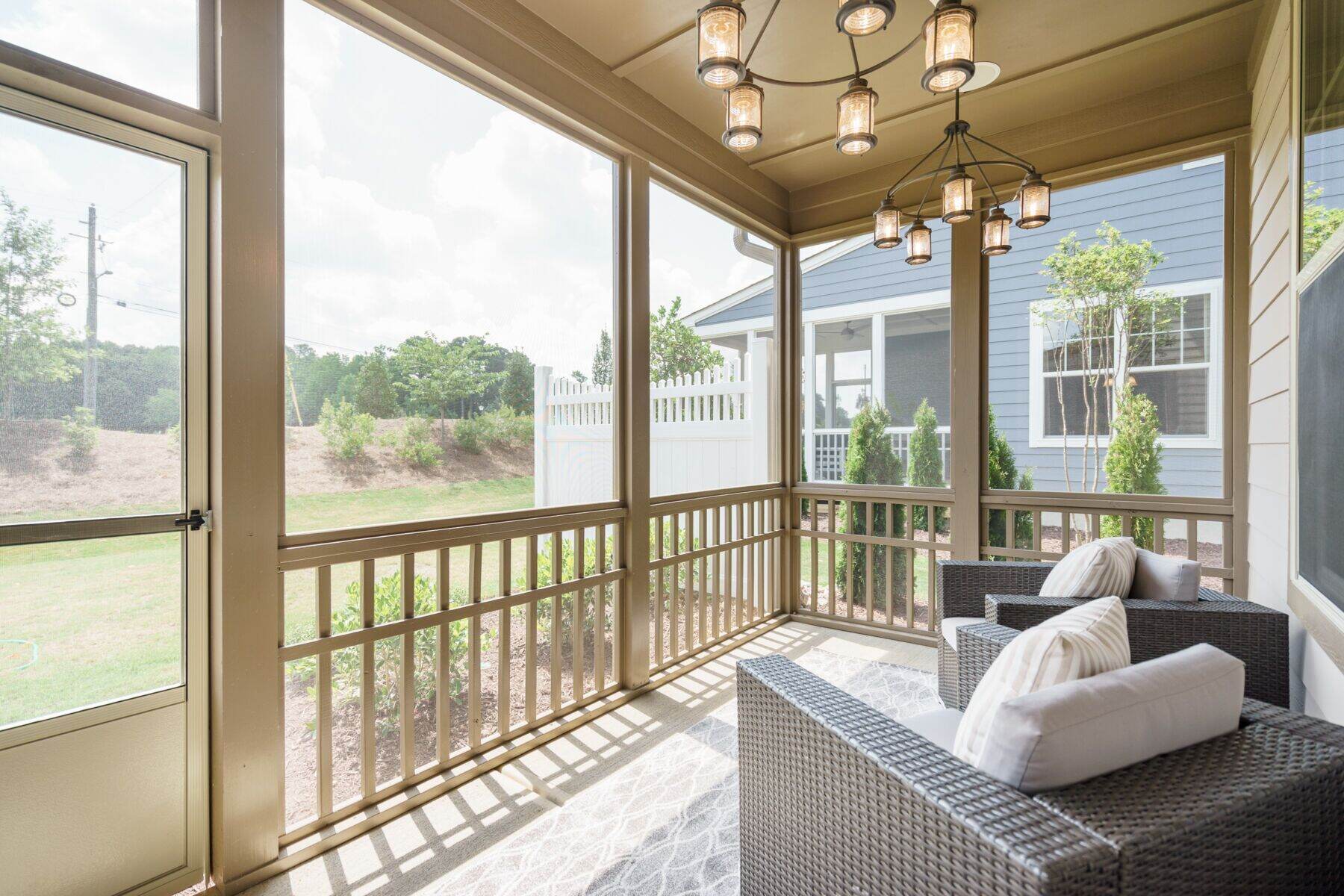
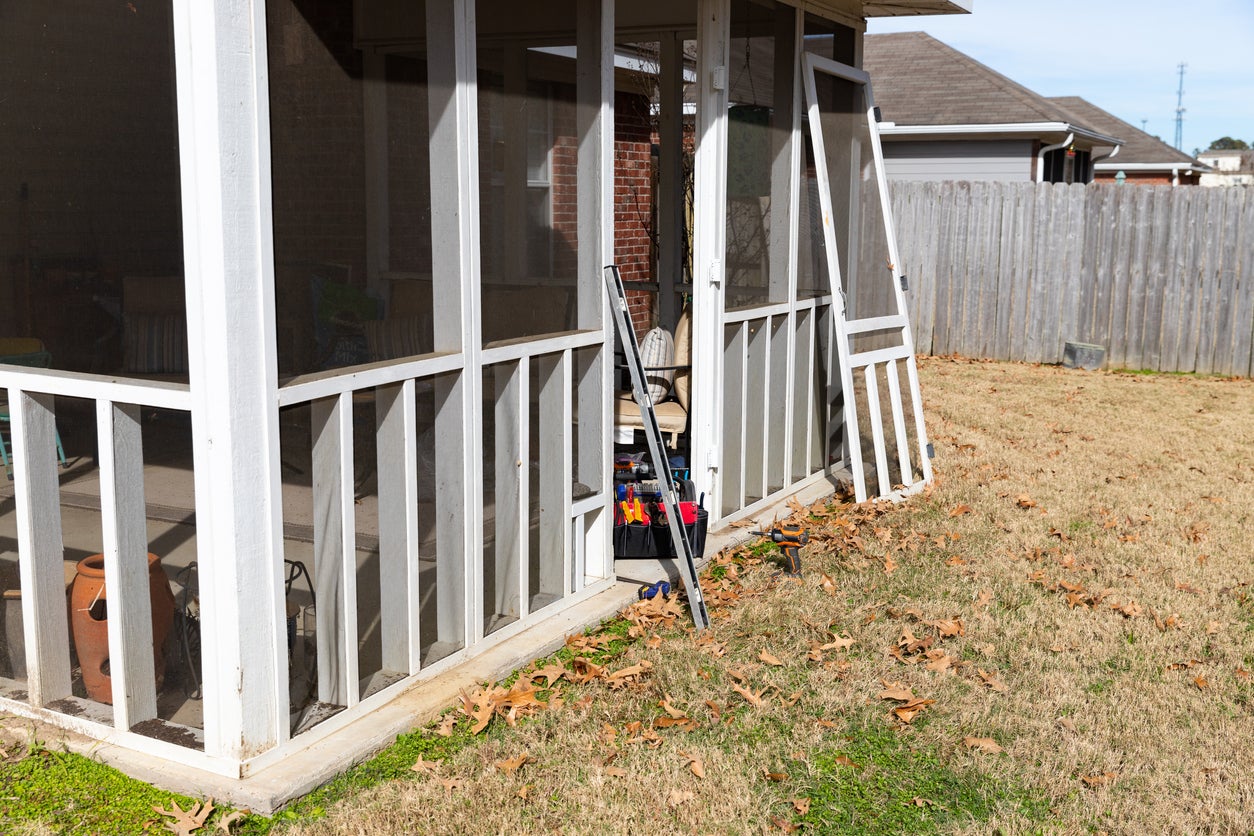
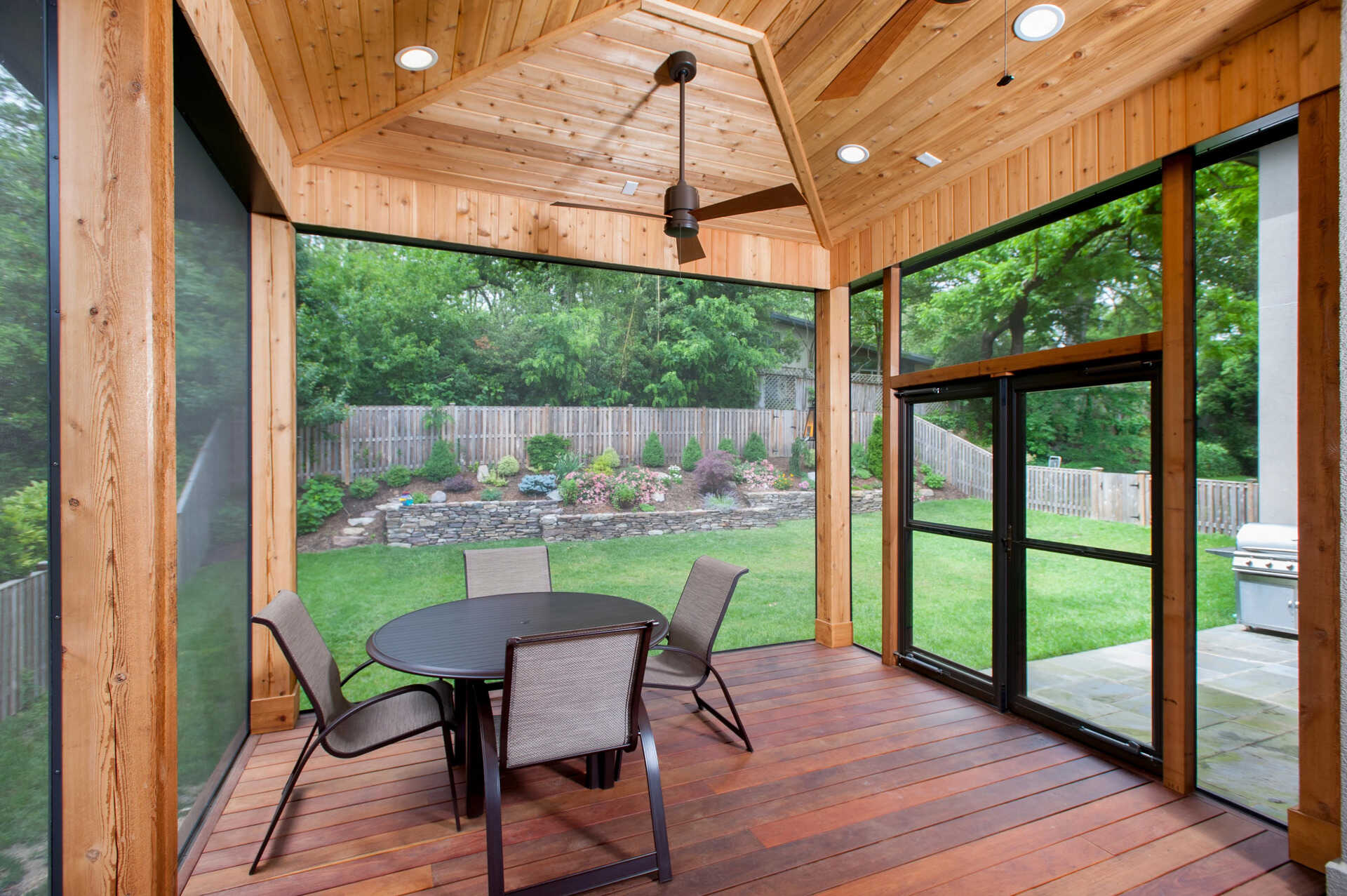
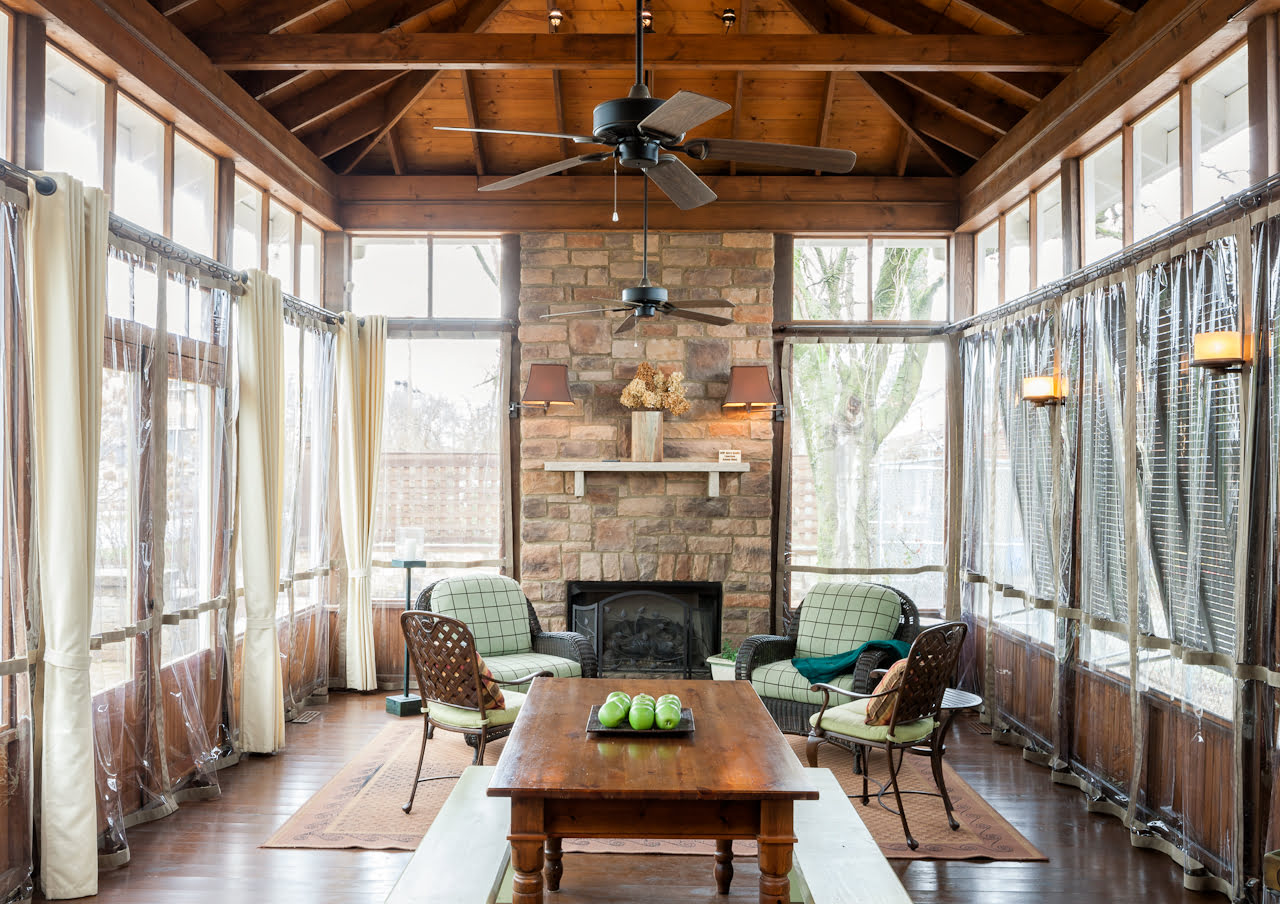
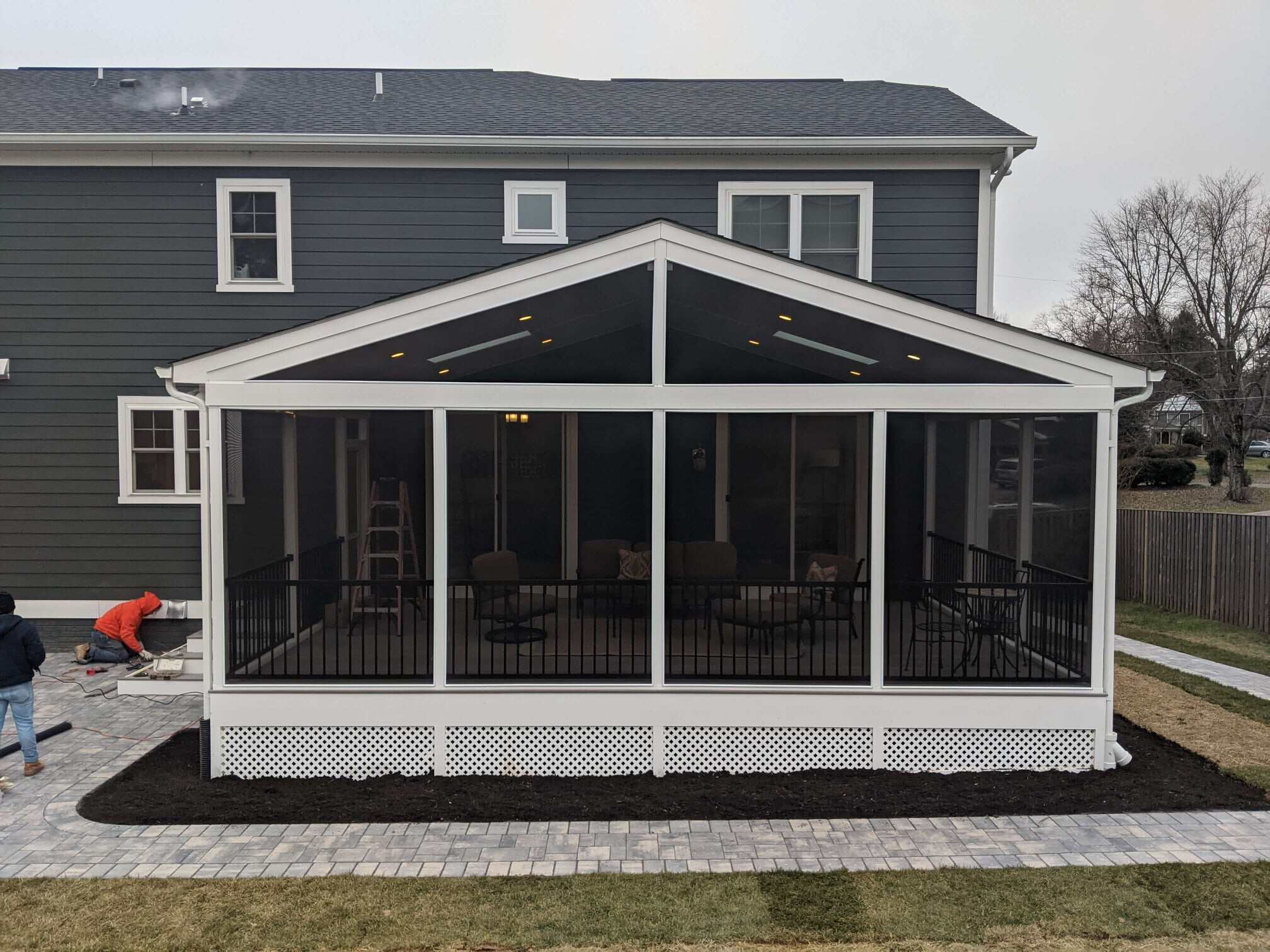
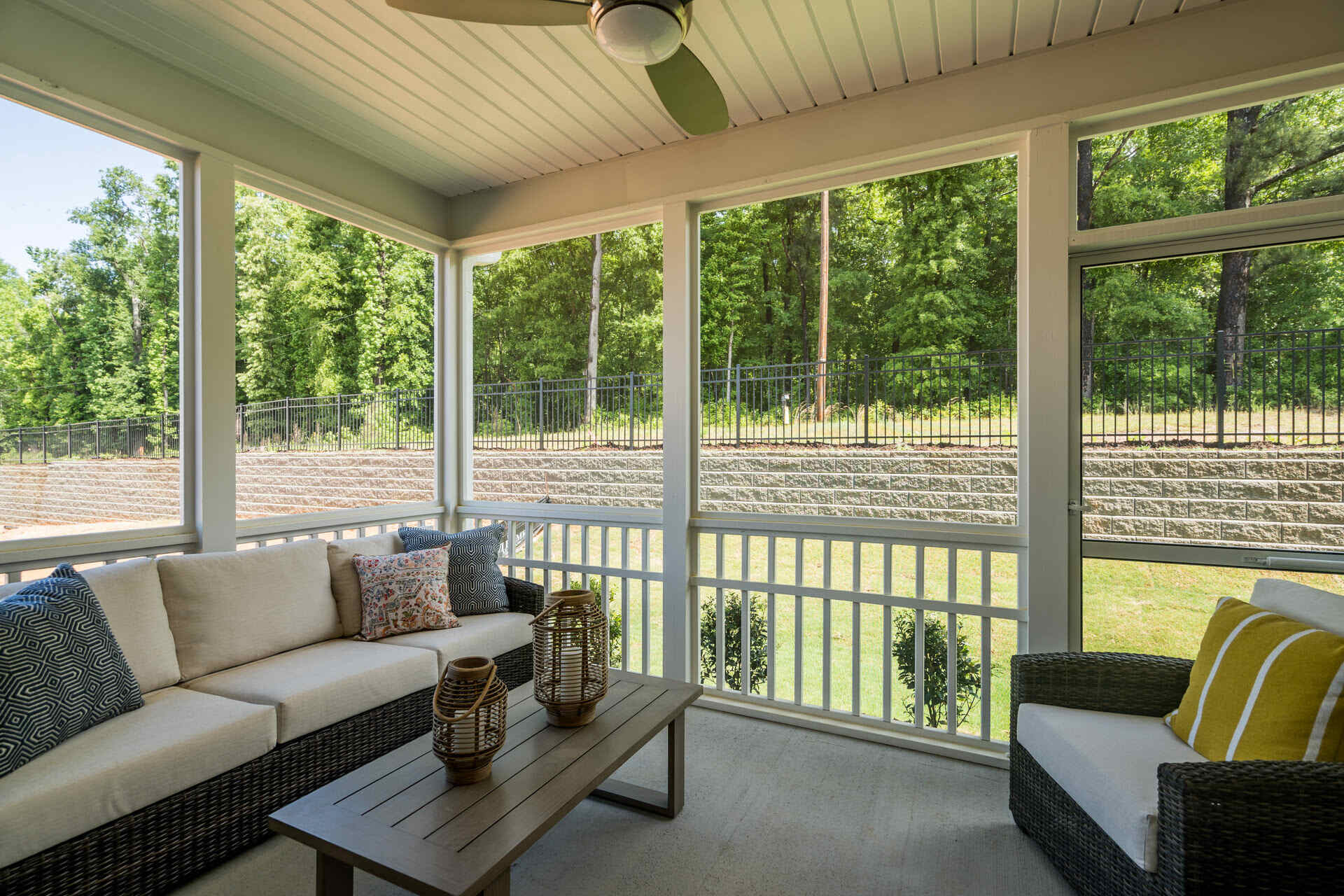

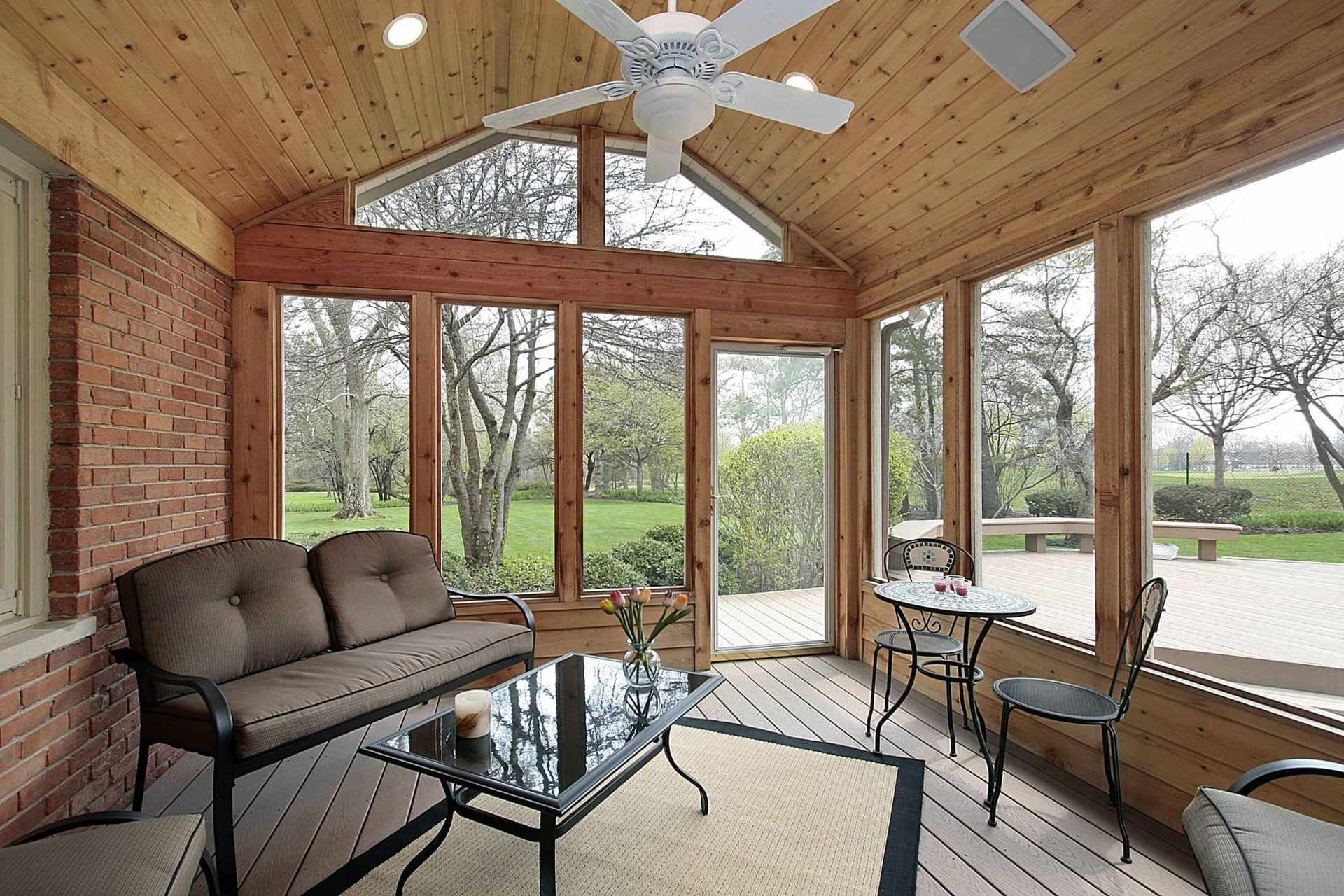

0 thoughts on “What Is The Best Flooring For Screened Porch”